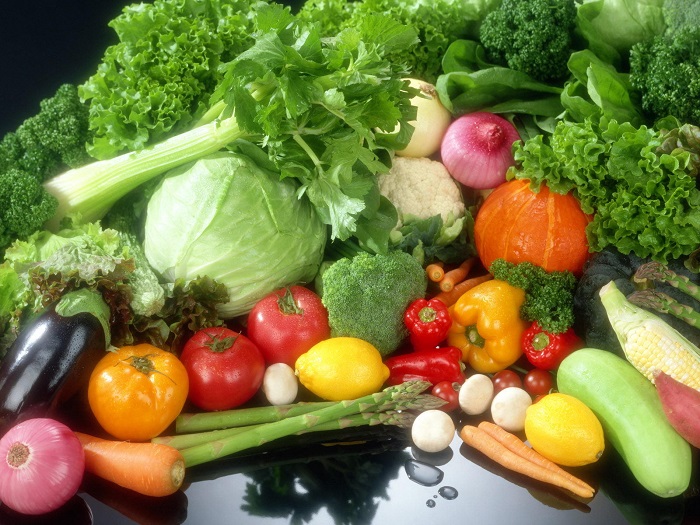Recommended Temperature & Humidity Settings for Vegetable Cold Storage
Maintaining proper temperature and humidity is essential to preserving the freshness, nutritional value, and shelf life of vegetables. Below are the recommended settings for commonly stored vegetables in cold storage rooms.

Vegetable Cold Storage Temperature Standards
| Vegetable | Recommended Temperature Range | Notes |
|---|---|---|
| Napa Cabbage, Lettuce, Cabbage, Cauliflower | 0~0.5°C | Ensure regular ventilation |
| Broccoli | -0.2~0.5°C | – |
| Celery | -1.5~0°C | – |
| Carrot | 0~1°C | – |
| Spinach (pointed leaf) | -2~0°C | – |
| Onion | 0~0.5°C | – |
| Garlic | -2.5~+0.5°C | – |
| Potato | 3~5°C | – |
| Tomato | 10~11°C | – |
| Chili Pepper | 8~10°C | – |
| Bitter Melon | 10~13°C | Highly sensitive to ethylene and bruising. Avoid damage during storage. Damaged bitter melon emits ethylene and deteriorates quickly. |
| Eggplant | 10~12°C | Ethylene-sensitive. Do not store with apples, melons, pears, or tomatoes. Avoid friction between fruits. |
| Cucumber | 11~13°C | – |
| Sweet Potato | 2~6°C | – |
Recommended Humidity Levels
- For most vegetables, relative humidity should be maintained at 85%–90% in cold storage.
- However, specific vegetables may have their own optimal humidity levels depending on their water content and respiration rate.
- Maintaining the right humidity helps prevent moisture loss and reduces power consumption.
Expert Tip
Before setting up or adjusting a vegetable cold storage facility, it is highly recommended to consult professional refrigeration engineers to ensure accurate and energy-efficient configurations.
 China cold storage solution provider
China cold storage solution provider
